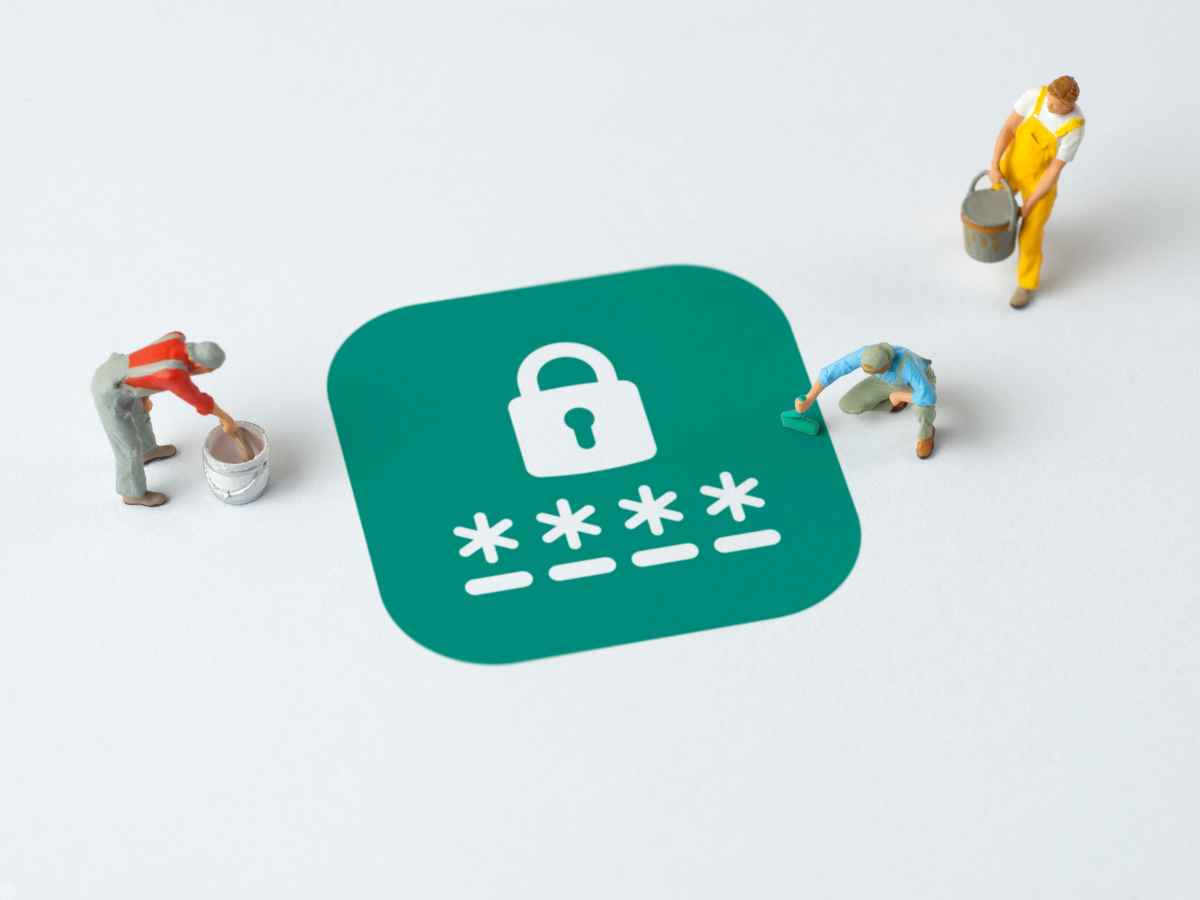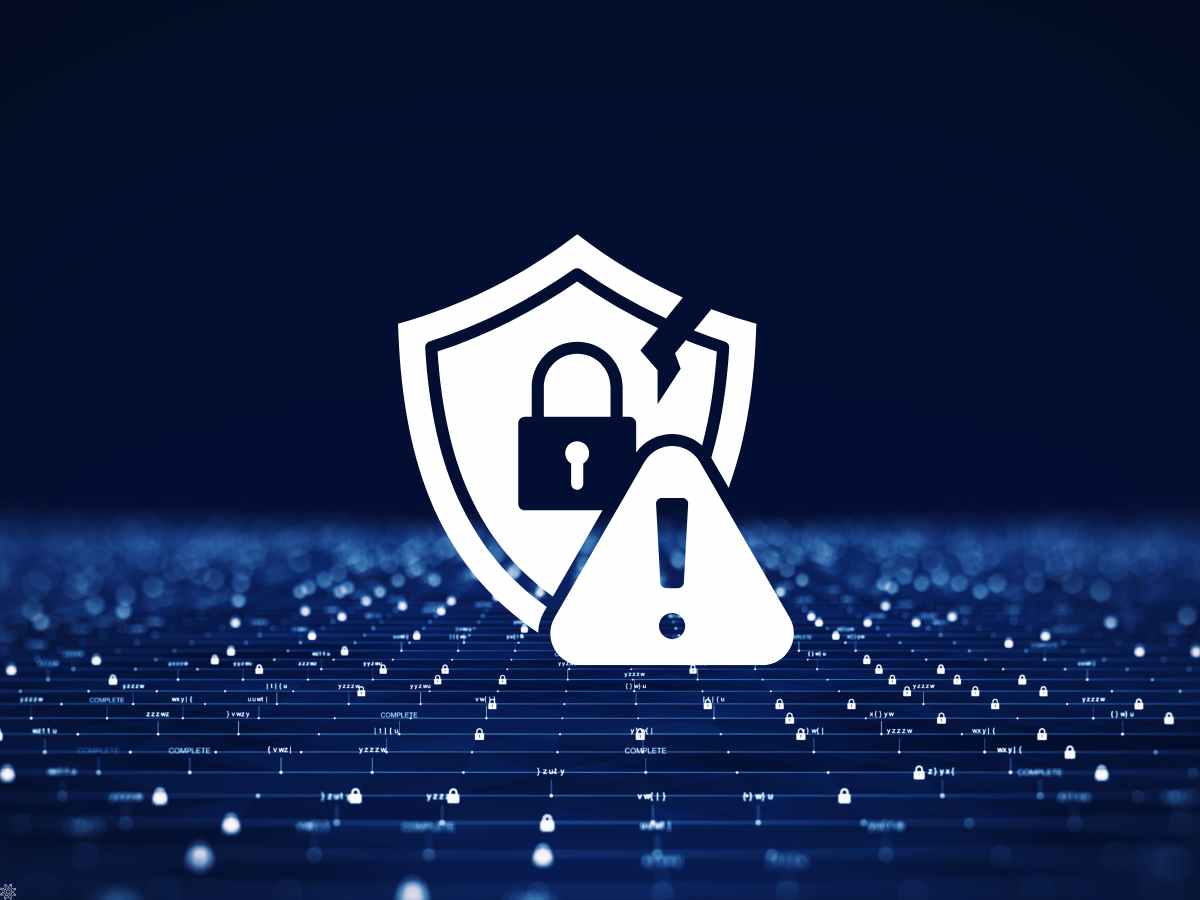Are you also caught in a relentless rat race, working tirelessly even on weekends and holidays in pursuit of promotions, recognition from your seniors, or for the title of Employee of the Year? Do you even remember the last time you enjoyed quality moments with family and friends or indulged in your hobbies? If these memories feel like they belong to a distant past, it’s time to reassess your priorities. In today’s competitive workplace, the lines between professional and personal life often become blurred, making the need for work-life balance more crucial than ever. Achieving a good balance between your professional responsibilities and personal interests not only enhances your overall well-being but also boosts productivity and satisfaction in both areas.
True success isn’t measured by wealth; it lies in achieving good health, cultivating a positive mindset, and acquiring knowledge. In this article, we’ll learn the importance of work-life balance and give solutions to maintain it for better well-being.
Understanding Work-Life Balance
Work-life balance refers to prioritizing both professional and personal life. It is not merely about dividing time evenly between work and home; instead, it involves making conscious choices that allow individuals to fulfill their responsibilities while enjoying leisure time, nurturing relationships, and focusing on self-care.
One of the most significant mistakes people make is comparing their lives to others. Work-life balance is a personal concept that differs from individual to individual. When people attempt to copy others, they often find themselves in overwhelming and burdensome situations. It’s essential to recognize that what works for someone else may not be suitable for you, and finding your own path is key to achieving true balance and fulfillment.
Why Work-Life Balance Matters
- Mental Health: Good mental health is akin to possessing a treasure. We’ve often heard the phrase “Health is Wealth,” and its truth resonates deeply. The significance of maintaining strong mental health cannot be overlooked. High work pressure can lead to detrimental effects, including stress, anxiety, and burnout. Prioritizing mental health is crucial to achieve a balanced and happy life.
- Physical Health: Neglecting personal time can result in unhealthy habits, such as poor diet, lack of exercise, and insufficient sleep. Balancing work and personal life promotes healthier lifestyle choices, ultimately leading to better physical health.
- Improved Relationships: Investing time in personal relationships is crucial for emotional well-being. A balanced life allows us to spend quality time with family and friends, building stronger connections and support systems.
- Increased Productivity: Working longer hours does not equate to increased productivity. People who maintain a healthy work-life balance are more dedicated and motivated, leading to higher quality work and enhanced job satisfaction. Focusing on one task at a time can make you complete it more effectively.
Consequences of Poor Work-Life Balance
Having a poor work-life balance can have harmful effects, including:

- Burnout: Doing continuous work without taking breaks can lead to stress and burnout, resulting in decreased performance and job dissatisfaction.
- Decreased Productivity: Ironically, overworking can lead to diminishing returns and can hinder creativity and focus, ultimately impacting work quality.
- Strained Relationships: Neglecting personal time can lead to tension in family and social relationships, resulting in feelings of isolation and dissatisfaction.
- Health Issues: Prolonged stress can contribute to serious health problems, including obesity and mental health disorders.

Strategies for Achieving Work-Life Balance
Setting clear boundaries between work and personal life is very important. Consider the following steps:
- Designate Work Hours: Set specific working hours and communicate them to your team. Try to stick to these hours to avoid overtime.
- Create a Workspace: If working from home, designate a specific area for work. This helps create a separation between work and personal activities and helps you to perform your tasks better.
2. Prioritize Time Management
Effective time management can significantly enhance work-life balance. Here are some strategies:
- Plan Your Day: Start each day by outlining tasks. Prioritize the task to ensure you focus on what truly matters. It helps you to complete your tasks in a timely and precise manner.
- Use Tools: Consider using time management apps or mark calendars to keep track of deadlines and appointments. It helps prevent last-minute rushes and stress. Having a track of your work provides mental satisfaction and motivates you to complete your task.
Many people struggle with the inability to say no to additional responsibilities. Learning to say no is important for managing workloads effectively.
- Assess Your Capacity: Before taking on new tasks, evaluate your current commitments to avoid overloading yourself. Only take additional assignments after completing the previous one.
- Communicate Clearly: When declining requests, be polite and explain your reasons. This helps maintain positive relationships and also protects your time. Effective Communication helps to avoid misunderstandings that may result in conflict.
4. Make Time for Yourself
Self-care is essential for maintaining balance. Allocate time for activities that make you feel fresh and happy.
- Pursue Hobbies: Always indulge in activities you love and enjoy, whether it’s reading, painting, or dancing. It can help you unwind and recharge.
- Practice Mindfulness: Practice yoga and meditation for good mental health. Practices such as yoga and meditation help to conquer stress and anxiety.
5. Foster Supportive Relationships
Building a supportive network can enhance your work-life balance:
- Communicate with Family: Keep an open line of communication with family members about your work commitments and personal needs.
- Seek Support from Colleagues: Collaborate with colleagues to share workloads and provide support when needed. Don’t hesitate to ask for help when needed.
6. Embrace Flexibility
Flexibility in the workplace can significantly enhance work-life balance, which allows employees to manage their professional and personal commitments effectively. If possible, explore options such as:
- Remote Work: Working from home can reduce commute time and provide a more comfortable working environment.
- Flexible Hours: If your job allows, adjust your working hours to better fit your personal schedule.
7. Take Regular Breaks
Remember, you are a human, not a machine. Taking a small break between work is very important as it helps to increase productivity and reduce stress.
- Short Breaks: Take small breaks every hour to stretch, walk around, or relax your mind.
- Longer Breaks: Ensure you take time off for vacations or personal days to recharge completely.
8. Reflect and Adjust
Achieving work-life balance is an ongoing process that requires reflection and adjustment:
- Regular Check-Ins: Periodically assess your work-life balance to identify areas for improvement.
- Be Open to Change: As circumstances in your personal and professional life change, be willing to adapt your strategies accordingly.
Conclusion
In a world that often glorifies busyness, achieving work-life balance is essential for overall well-being. By setting boundaries, managing time effectively, and prioritizing their needs, individuals can cultivate a healthier and more fulfilling life. Remember, achieving a balanced work-life balance is a continuous process that can’t happen overnight. Embrace the process and prioritize both your professional ambitions and personal happiness for a more rewarding life.
I hope you enjoyed reading the article. Let’s break this tradition of rat race and learn to balance our personal and professional lives for better well-being.






